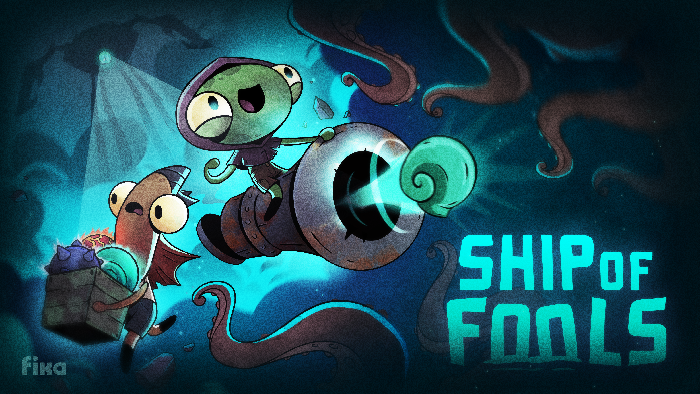
Some minor spoilers ahead
A return to “hard” science fiction at least for me. Of late, much of the science fiction I’ve consumed has largely been fantastical in nature: hand-waving away the technical aspects of how things work in the world described in the novels. This doesn’t necessarily make stories less enjoyable, unless it is poorly done or not internally consistent.
There’s something satisfying in the cornerstone of the story’s world being rooted in our own; something familiar and comfortable. The “Three Body Problem”, takes this familiarity and decidedly makes this a source of discomfort.
Right from the start, Liu thrusts the reader into a chapter of history often skipped over in Western classrooms: the Chinese Cultural Revolution. This is no mere backdrop. It’s a gut-punch of despair, shaping the novel’s world and its characters in ways that make their decisions, no matter how extreme, feel chillingly inevitable. Ideological fervor grips them, only to be replaced by another kind of fervor entirely, like swapping out one fever dream for another.
The science described in the novel ranges from radio telescopy to futuristic virtual reality to mind bending multi-dimensional projections and folds. It is Flatland ironically on another dimension. The characters, brilliant as they are, discuss these ideas with the ease of someone ordering coffee, while I, the humble reader, occasionally cling to the book as if it were a lifeboat in a sea of incomprehensible physics.
And yet, I was enthralled. I found myself rivited by the story-telling, horrified of the impending apocolypse, and yet the shortcomings come to the forefront: identity and exposition. The narrative ping-pongs between a crime noir and a conspiracy thriller, yet the noir elements feel like a lackluster side quest, making it tricky to summarize without feeling like I’m describing two different books. The exposition, unavoidable and occasionally meandering, never truly drags, but rather, like an eccentric professor, it ambles down lengthy corridors of knowledge, always leading somewhere worth going.
In the end, The Three Body Problem is a deep dive into a swirling abyss of science, philosophy, and cosmic terror. It lingers in the mind long after the final page, not just for its intricate scientific musings but for the way it reframes humanitys’ place in the universe. Perhaps that’s the mark of truly great science fiction: not just to entertain, but to unsettle, to challenge, and to remind us that the vast unknown is both wondrous and terrifying, waiting just beyond the reach of our understanding.



